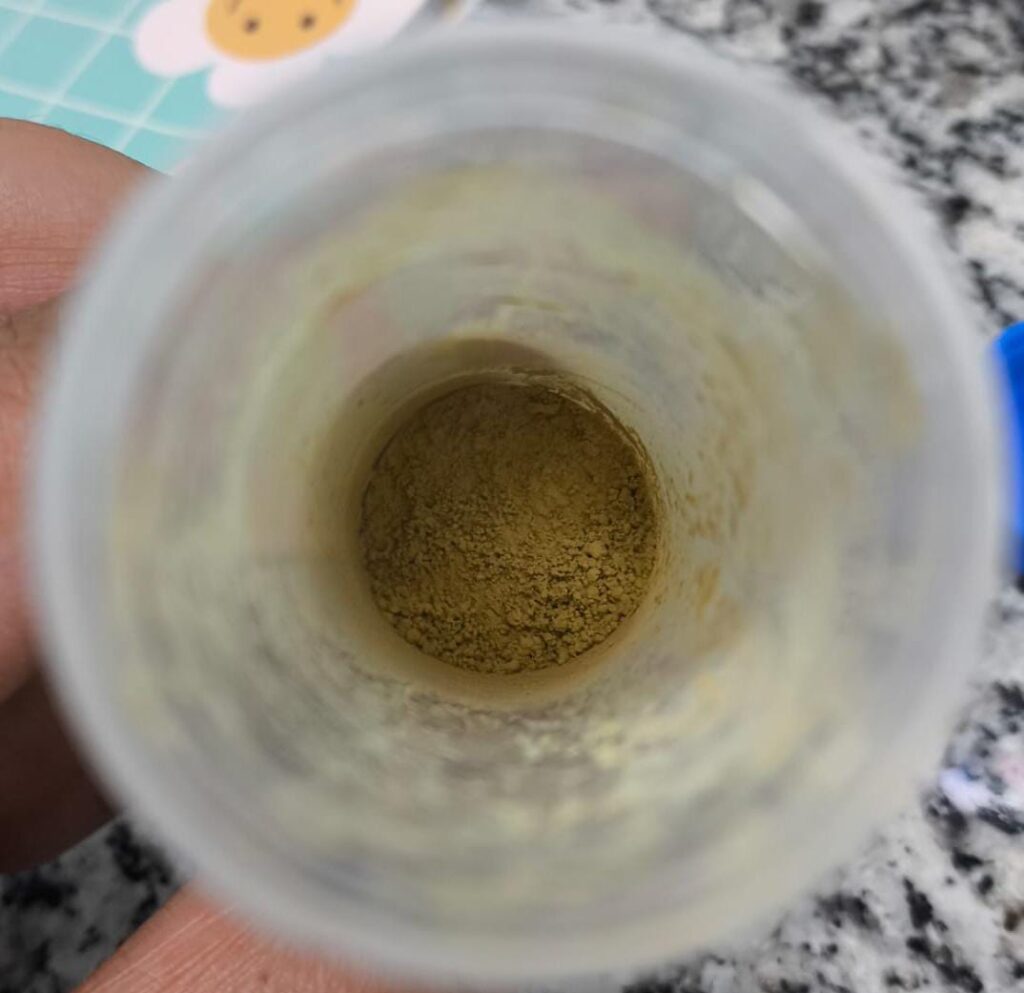
A naturally occurring compound found in fruits such as apples, guava and figs could help prevent and treat gum disease, according to new research from São Paulo State University (UNESP).
Scientists at the university’s Araraquara School of Dentistry (FOAr-UNESP) and the Faculty of Pharmaceutical Sciences (FCFAr-UNESP) identified morin, a plant-derived flavonoid concentrated in fruit peels and skins, as having anti-inflammatory, antioxidant and antimicrobial properties against the bacteria that cause periodontal disease.
What they found so far is that powdered formulation may benefit patients with limited dexterity
In the in vitro study, researchers tested morin on multispecies bacterial biofilms that mimic gum-disease conditions. They then developed a fine, spray-dried powder, similar to the process used to make powdered milk, to serve as a controlled-release oral-care ingredient.
“At the moment, we have a fine powder obtained through spray drying that can be used to make various types of oral hygiene products,” said Andréia Bagliotti Meneguin of FCFAr-UNESP.
“The idea is to create a platform that can help people with reduced motor skills who struggle to brush properly, such as older adults and patients with special needs,” added Cláudia Maria Brighenti, a researcher at FOAr-UNESP.
Related: Scientists explore using hair keratin in toothpaste to repair tooth enamel
Read: Researchers turn urine into material for dental and bone implants

Potential alternative to antibiotics, mouthwashes
In their study, published in Archives of Oral Biology, morin’s multi-targeted action could make it a safer adjunct to conventional treatments such as chlorhexidine or antibiotic chips—agents that can alter the oral microbiome and promote bacterial resistance.
“Unlike conventional agents, morin’s combination of anti-biofilm, anti-inflammatory and antioxidant effects may offer broader benefits with fewer side effects and improved patient compliance,” the researchers wrote.
Lead author Ana Cláudia Sales noted that earlier formulations were too large for oral use, prompting her to design a microparticle system using sodium alginate and gellan gum—materials already approved for drug delivery but not yet common in dentistry.
Related: Antibiotic resistance keeps climbing, WHO warns
Related: Quebec company’s papain-based gel approved for anesthesia-free caries removal
Additional benefits: Less stain
The research team also noticed that biofilms treated with morin appeared less stained, suggesting possible tooth-whitening benefits. Future studies will determine whether morin maintains the mouth’s natural bacterial balance.
“We also aim to offer an alternative to current products that often cause side effects such as altered taste, tartar buildup or staining after prolonged use,” said Brighenti.
The group is now optimizing the formulation for scalability, with the goal of developing affordable morin-based oral-care products to support both daily hygiene and professional preventive treatments.